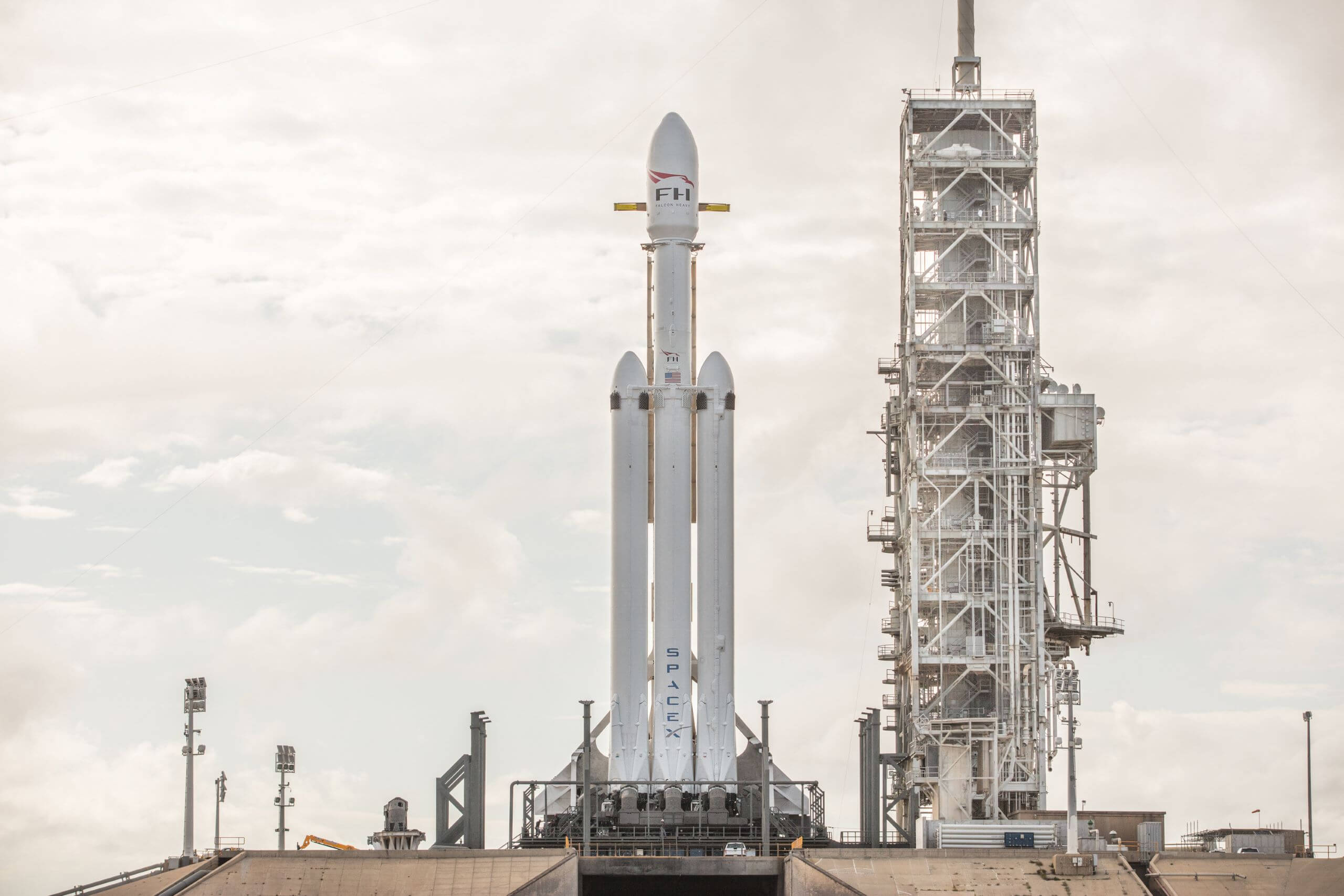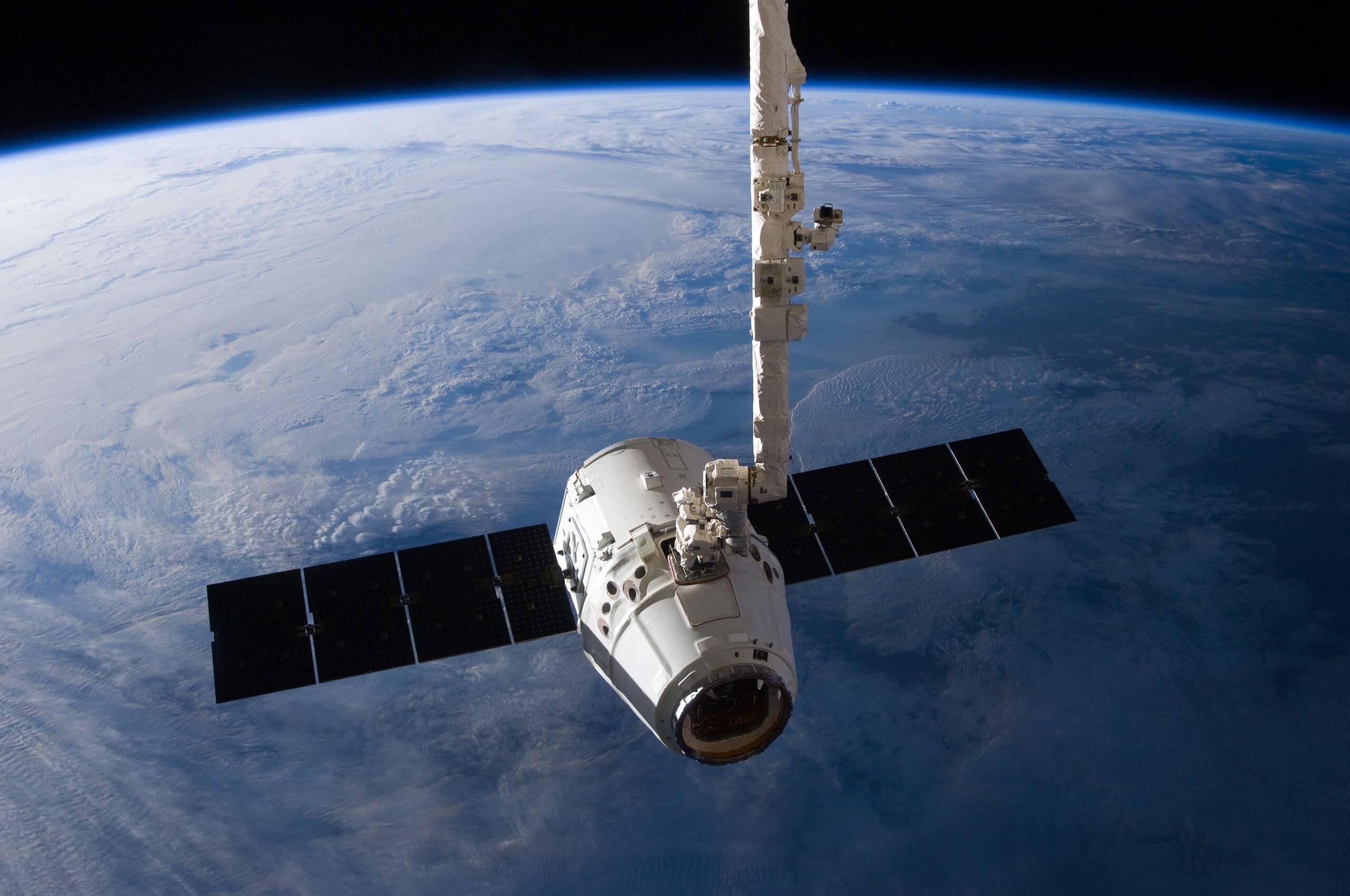Forward-looking: In a bid to create a sustainable presence on the moon, NASA has commenced development of the Lunar Gateway, an orbital platform that will act as a home for astronauts studying the moon. SpaceX has been charged with getting the supplies for each mission from Earth to the Lunar Gateway.
"SpaceX will deliver critical pressurized and unpressurized cargo, science experiments and supplies to the Gateway, such as sample collection materials and other items the crew may need on the Gateway and during their expeditions on the lunar surface," reads NASA's press release. The expeditions are tentatively scheduled for as early as 2024.
NASA has begun awarding commercial contracts under the Artemis Program, the plan to get back to the moon. SpaceX has won the first contract, guaranteeing them two delivery trips to the Lunar Gateway and giving NASA the option to order more over a 12-year period. In total, NASA has allocated $7 billion in funds for these deliveries, so even if NASA awards contracts to other rocket companies, SpaceX will make quite the fortune.

NASA originally put out a call for companies to plan deliveries seven months ago; in that time, SpaceX reconceptualized their supply platform for long-distance. The base of the delivery system is the Falcon Heavy (above), the world's most powerful operational rocket. It was designed with a mission to the moon or Mars in mind, and because it is semi-reusable, it does so affordably.
Contained within the Falcon Heavy will be the new Dragon XL spacecraft. SpaceX has not revealed how the Dragon XL differs from the Dragon (pictured top), but the latter is already humanity's most capable spacecraft in several areas. It can seat seven and launch with 6,000 kg of payload mass and land safely with 3,000 kg.
"Returning to the moon and supporting future space exploration requires affordable delivery of significant amounts of cargo," said SpaceX President and Chief Operating Officer Gwynne Shotwell. "Through our partnership with NASA, SpaceX has been delivering scientific research and critical supplies to the International Space Station since 2012, and we are honored to continue the work beyond Earth's orbit and carry Artemis cargo to Gateway."
